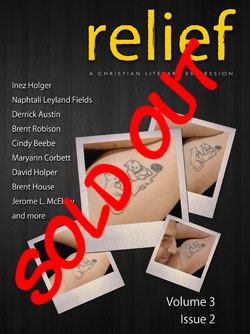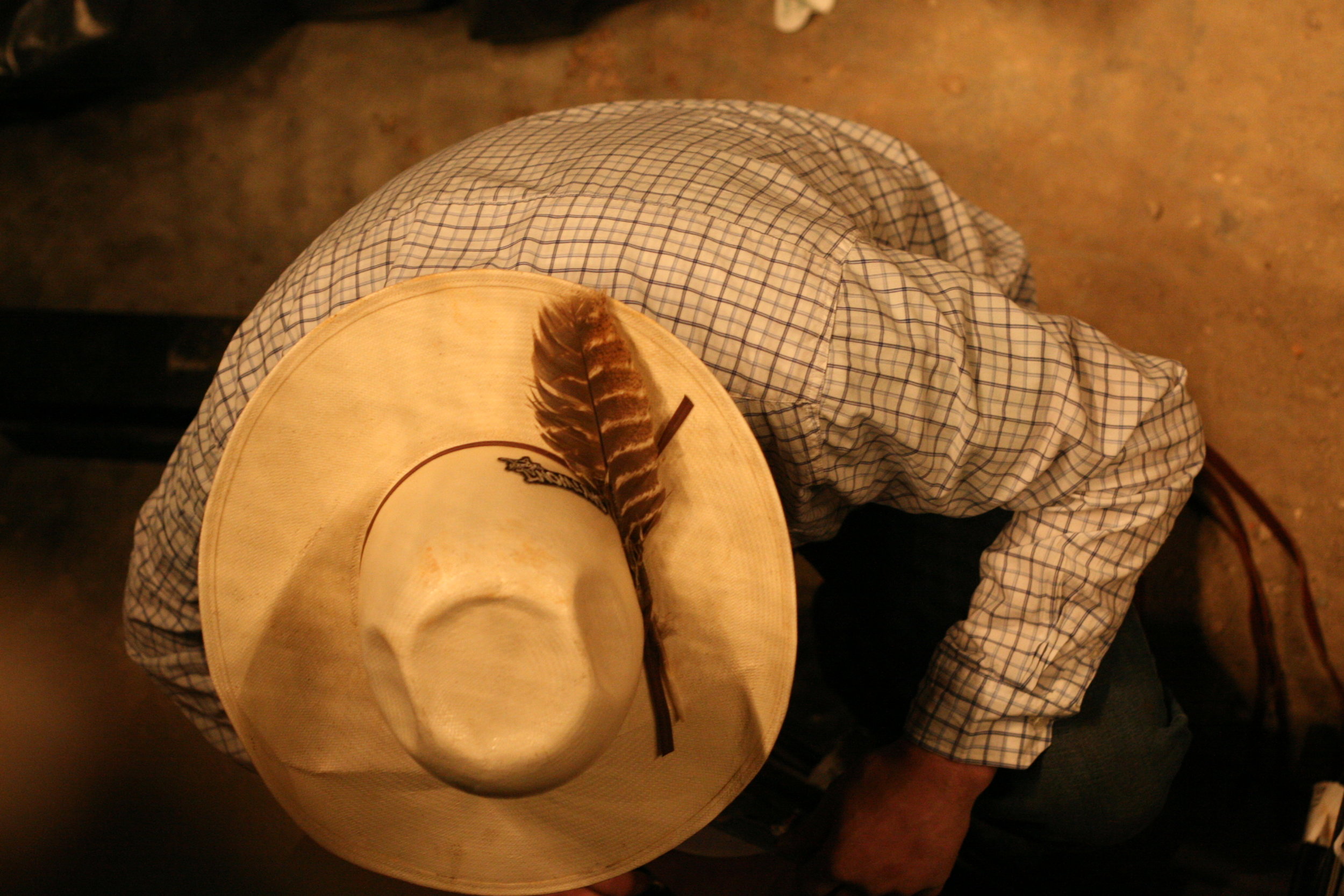Lent: The Ultimate Sacrifice
Stephen Swanson
 Stephen Swanson, despite his public expressions of dislike of columns governed by the calendar, writes about a personal struggle with "snark".
Stephen Swanson, despite his public expressions of dislike of columns governed by the calendar, writes about a personal struggle with "snark".
"Snark", a Definition and Use
In addition to the definitions from urbandictionary that I link to above, I think it important to give a personal definition in order to further what might be perceived as an overly general terminology. "Snark", the combination of "snide" and "remark", fills a large quantity of time in on-line communication and chiefly serves as a tone for self-righteous indignation and belittling of others. For that reason, my omission of snark for the coming weeks might appear as a wholly beneficial enterprise, and to some degree, they have significant points.
At the same time, my snarkiness also serves as an outlet of frustration and a mask for more overtly offensive reactions to others. Rather than calling someone an idiot or just staring at them aghast and their comment question, I can compose a snarky reply in my mind which I will post later. It allows for some degree of fantasy play where I star in an amazingly hilarious sit-com filled with cutting commentary and insightful absurdity.
The Cost of Snark
However, as with all fantasies, there remains a significant price to be paid. Just like hours-upon-hours of GTA can breed a desire to not stop for a stoplight or an urge to pull in front of a better car and pull the driver out to claim their wheels as your own, snark can explode or, in my case, leak.
I find myself leaking snark in a variety of ways. First, I make noises. A not-so-subtle "humph" or a snicker that is not quite masked by a cough can emerge at the most inopportune times, faculty meetings for example. Second, my eyes tell my story. It is not just the huge eye-roll of adolescence. Even a looking away or a squint can be noticed and queried by a friend, student, family member, or coworker. It's unavoidable. We are conditioned to pick up non-verbal cues, and when they are left unexpressed, the audience can interpret them as they will, often to my own detriment. After all, people will often assume the worst when left to their own devices.
What to Do? What to Do?
Well, I'm hoping to employ a two-pronged approach. First, I'm going to work on composing the snark into specific communications, things I CAN actually say or write to people. This will not only still allow me to think and create an outlet for my feelings but also force me to channel that into something public and more productive.
For example, this week in a college meeting, I was growing increasingly frustrated at the lack of direction in the meeting. We'd been there two hours and not really made any progress. A member of the campus communications and marketing area was having a devil of a time of pinning faculty down on who they were supposed to reach out to and what the message needed to be. Generally, I would spend that time creating snark. It's fun. It makes for good bar/party stories and generally makes me feel better.
However, it does not really solve the underlying problem, and that's the problem that I'm really seeing with snark, especially when compared to effective satire or critique. It papers over the issue and ignores the underlying causes, and I've determined that these sorts of communication represent central concerns in any hope in overcoming significant issues to our culture today. It's much easier to snarkily point out others and label them as such.
As I tell my students, it's easier to construct a fallacious argument or a general opinion than it is to construct something thoughtful and useful. I need to give it a try. I need to cage the snark.
***
Stephen Swanson teaches as an assistant professor of English at McLennan Community College. Aside from guiding students through the pitfalls of college writing and literature, he spends most of his time trying to remain aware of popular culture, cooking, and enjoying time with his wife and son. He holds degrees in Communications (Calvin College), Film Studies (Central Michigan University), and Media and American Culture Studies (Bowling Green State University. In addition to editing a collection, Battleground States: Scholarship in Contemporary America, he has forthcoming projects on Johnny Cash and depiction of ethics in detective narratives.













 Tim & Jill's Wedding
Tim & Jill's Wedding
 Steve smiled in triumph as we rounded the turn leading to Abu Mousa's doorway. One by one we passed through the front door and into a wide atrium garden, where Um Mousa had prepared a welcome feast—chicken over rice, with vegetables and pine nuts. We were jet-lagged and hungry, and the chicken was so good. We sat together and ate. A lot.
Steve smiled in triumph as we rounded the turn leading to Abu Mousa's doorway. One by one we passed through the front door and into a wide atrium garden, where Um Mousa had prepared a welcome feast—chicken over rice, with vegetables and pine nuts. We were jet-lagged and hungry, and the chicken was so good. We sat together and ate. A lot.
